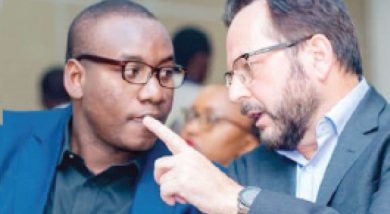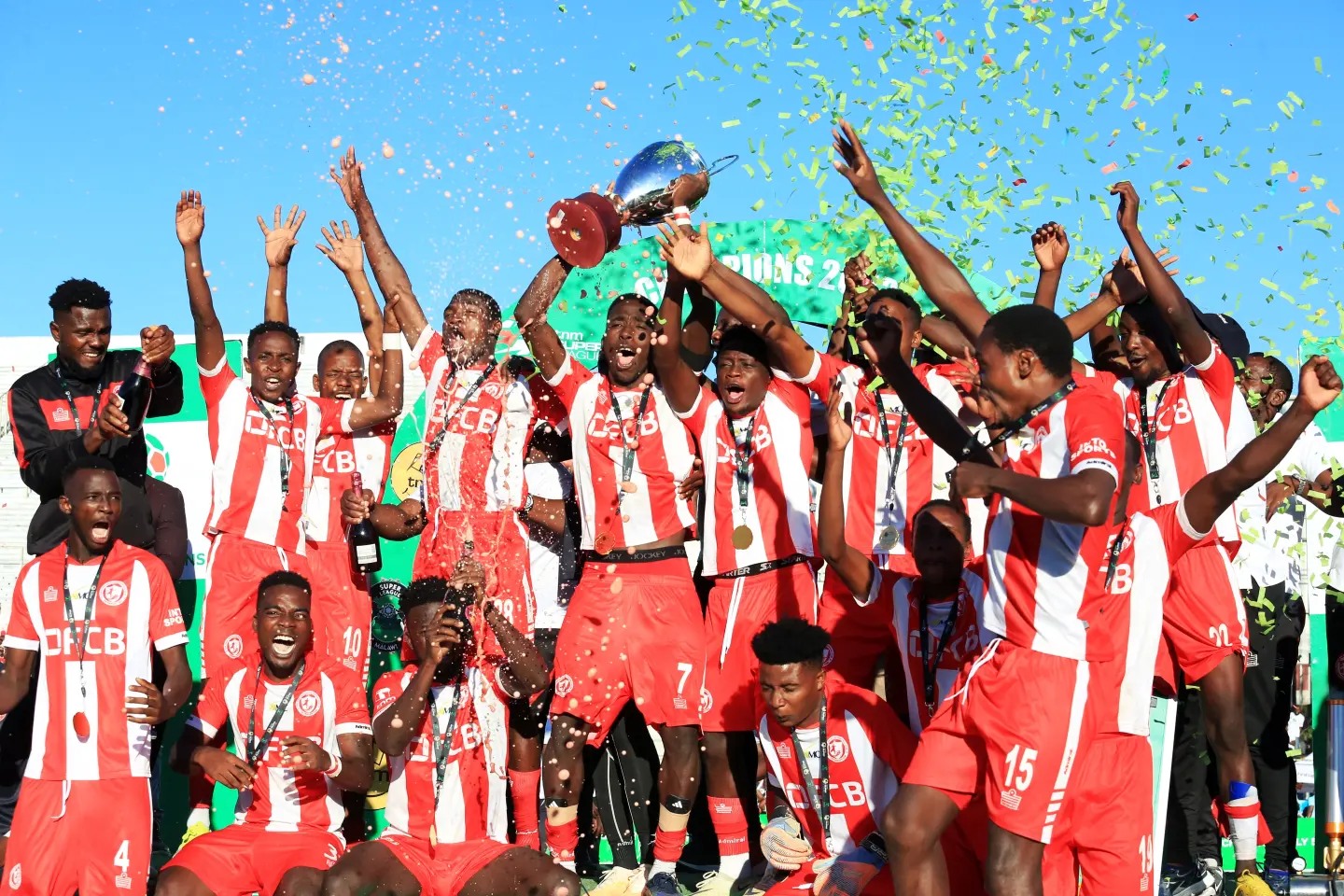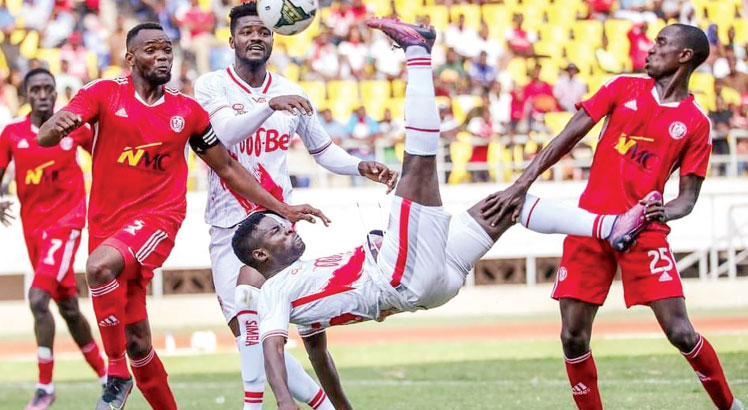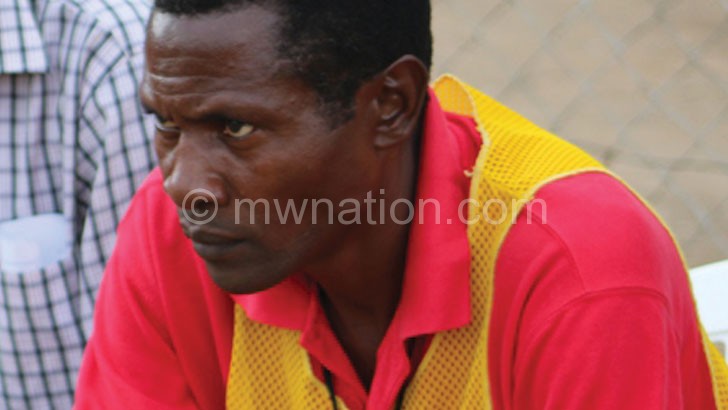Minority sports funding stirs uproar
Government has not increased grants for a host of minority sports in the past three financial years, the latest being in the 2017/18 National Budget where the funding towards such associations has generally remained the same.
The development has drawn sharp condemnation from the affected associations and two parliamentary committees, one of which has summoned sports authorities to explain the poor funding towards minority sports.
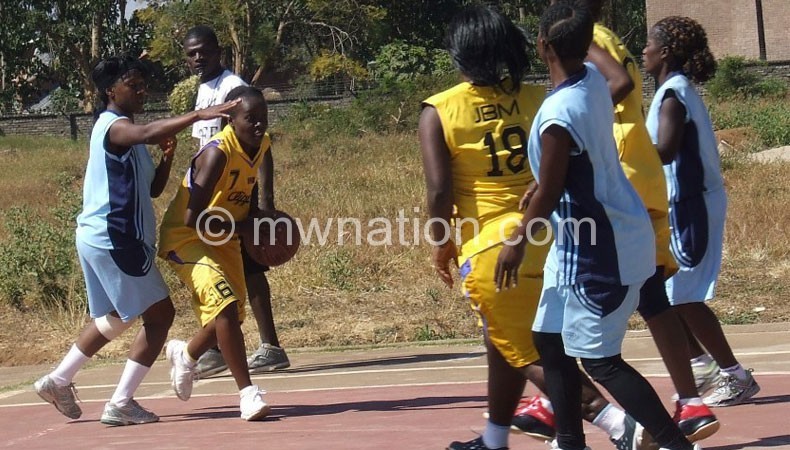
In the prevailing financial plan which Parliament approved in June, football and netball saw their subventions jump from K34 million each in last year’s allocations to K300 million and K200 million, respectively. The increment raised expectations in the minority sports spheres that it will be effected across the board.
However, those expectations fell by the way side when Malawi National Council of Sports (MNCS) revealed that there are no subvention changes for most associations.
Sports Council executive secretary George Jana said they were expected to write the associations on how much they would receive.
He said apart from swimming which will receive K30 million, a jump from around K1 million, most minority sports associations will receive the same amount as last year.
“Swimming is hosting an international event in the current calendar year, we have decided to give it a substantial amount to carter for that. But generally, most associations will receive the same amounts as in the previous budget,” he said.
Jana stated that they expect to push for increased funding for the minority sports in the next financial year because their priority was to lobby for football and netball’s increments.
“Football was our priority because the national team plays a lot of matches outside the country. Netball also caught our attention because most of their games are played in Europe. Much of their funding goes into transportation. Having succeeded in lobbying for those increments, we will now focus on minority sports in the upcoming financial year,” he outlined.
The financial breakdown shows that taekwondo will pocket K400 000, boxing, weightlifting and chess will get K800 000 each, volleyball will net K1.2 million while basketball has been allocated about K1.3 million.
Malawi Boxing Association (Maba) president Justice Katika described the subvention distributed as a shock, arguing that it does not help in ensuring the development of the other sports disciplines.
Basketball Association of Malawi (Basmal) general secretary Edgar Ng’ong’ola also confirmed that they have been allocated K1.3 million against the K110 million they asked from government.
He described it as “by far not enough” for their programmes which include grassroots talent identification and training of referees and coaches.
“For the past decade, the average we have been receiving is between K1.3 million and K1.5 million. It means for the past 10 years we have only pocketed around K15 million. This is a major hindrance towards sports development,” he said.
Ng’ong’ola said they raise supplementary funds by wooing the corporate sector.
“The corporate support we have been receiving is also not enough. The reason is that companies ask us how much we get from government and when we disclose, their reaction is that how can they inject more funds when the government is not committed to improving sports,” he said.
“Most of us thought that after football and netball saw substantial adjustments we would also get increments. But what it now means is that for the past three years we have been receiving K800 000. This is despite the fact that the cost of living has more than quadrupled over the period,” he said.
Reacting to the stagnant funding, Parliamentary Committee on Social and Community Affairs, which looks after sports matters, wondered why the government through MNCS puts pressure on minority sports disciplines to win medals at international events when subventions to most codes have remained relatively the same over the years in the face of the local currency’s continued loss of value.
The committee’s chairperson Richard Chimwendo Banda described as unfair the increase of allocation to the MNCS—for its administration—by over 300 percent (from K100 million to K415 million) in the current budget when minority sports codes are struggling.
“It is not good for MNCS’ subvention to get such a big allocation increase in the National Budget while some sports associations continue to receive as little as K1 million in the face of high cost of living,” said Chimwendo-Banda.
“We feel more funds could have been channelled towards the uplifting of sports standards in the country by giving sports bodies meaningful funds rather than the MNCS administration.”
He said poor funding has been the major contributor to the dwindling sports standards in the country and the sports codes need to be motivated so as to bring medals from international competitions.
The Parliamentary Committee on Commissions, Statutory Authorities and State Enterprises where MNCS falls under, also hit at the poor funding for the minority disciplines while disclosing that they have summoned the sports council to explain the poor funding.
Said Alex Meja, the committee’s member, who is also legislator for Kasungu West: “We have summoned the council to the meeting to be held next month. All we want to know is why there’s poor funding towards some associations and why there’s such a yawning gap between minority sports and football and netball combined.”
According to our findings, K500 million of the K594 million total subvention has gone to major football and netball while over 30 minority codes will share K94 million.
The arrangement is that MNCS receives the subvention purse and distributes it to the associations but Meja said they want Parliament to be more involved in the distribution.
“We will advocate the distribution to be done by Treasury and debated in Parliament. This will give us a chance to ask for adjustments where necessary. The current setup is destructive to sports development because there’s injustice in the sharing of resources,” he said.


